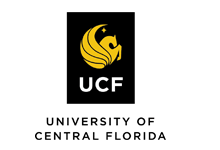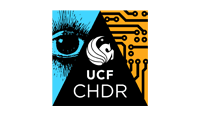Abstract
COVID-19 has had a major impact on the theme park industry. Visits to European parks were significantly lower in 2020 than the year before. This article discusses the short-term and long-term economic consequences of the pandemic for the theme park industry. Attitudinal loyalty, inertia effects of guest satisfaction on repeat visits, (deferred) reinvestments, and the difference between theme and amusement parks will be considered. To compensate for losses in 2020, many parks increased their visitor numbers in the 2021 season to the maximum permitted capacity, especially in the summer months. As a result, analysis of waiting times at 22 investigated European parks shows that the average waiting times in the summer season of 2021 were more than 20 per cent higher than the average in the same weeks in the previous years. This has a severe impact on the guest satisfaction of theme parks, leading to lower repeat visits in the (near) future. However, not every park is hurt equally bad by decreased Net Promoter Scores. Strong parks suffer more from the exponential and inertia effect from decreasing guest satisfaction (G-sat) scores but recover faster. Weaker parks, on the other hand, are less affected by the initial effect, but take longer to recover. Parks that had a healthy balance between attitudinal loyalty and repeat visits before the COVID-19 pandemic, which enabled them to build up a surplus of loyalty, will bounce back the fastest and strongest. Parks that have been vulnerable for some time due to low G-sat scores, partly due to limited investments and the urge to innovate, are more likely to suffer from long COVID.
Creative Commons License

This work is licensed under a Creative Commons Attribution-NonCommercial-No Derivative Works 4.0 International License.
Recommended Citation
Cornelis, Pieter
(2022)
"Are European theme parks likely to suffer from long COVID?,"
Journal of Themed Experience and Attractions Studies: Vol. 2:
Iss.
1, Article 2.
Available at:
https://stars.library.ucf.edu/jteas/vol2/iss1/2
Included in
Environmental Design Commons, Interactive Arts Commons, Operations Research, Systems Engineering and Industrial Engineering Commons, Theatre and Performance Studies Commons




